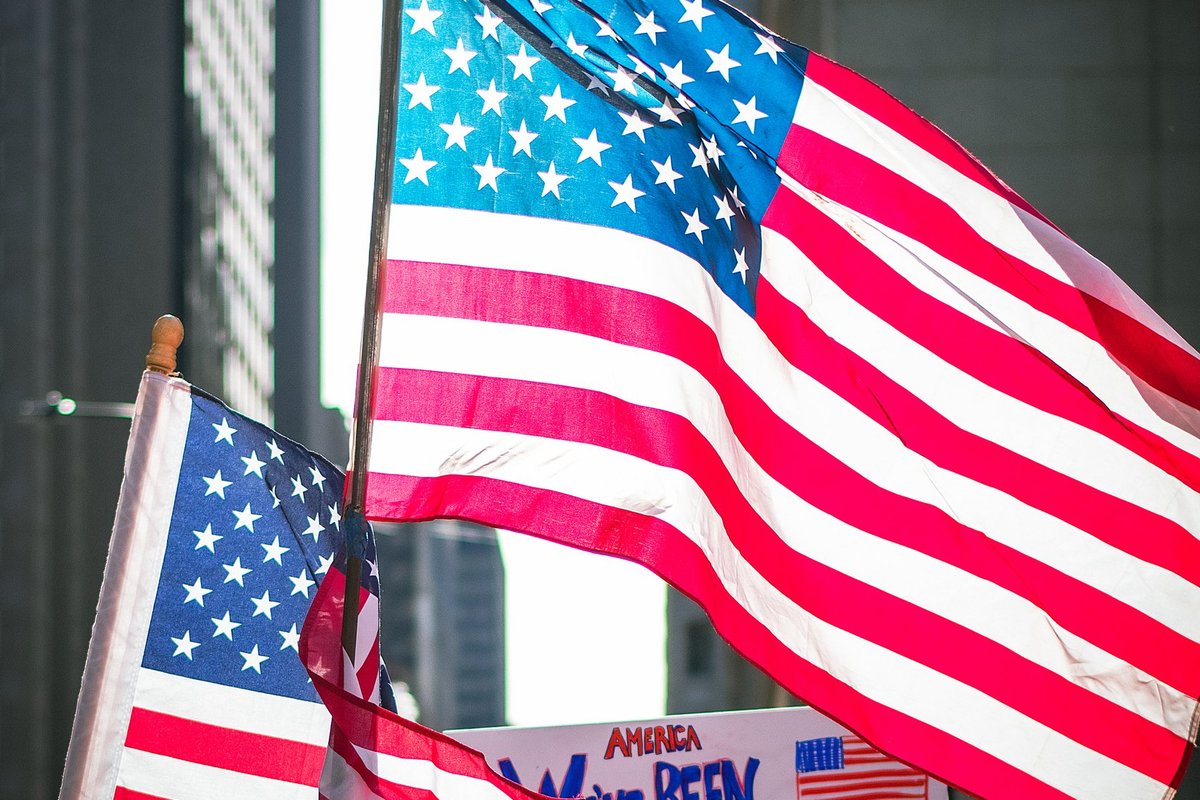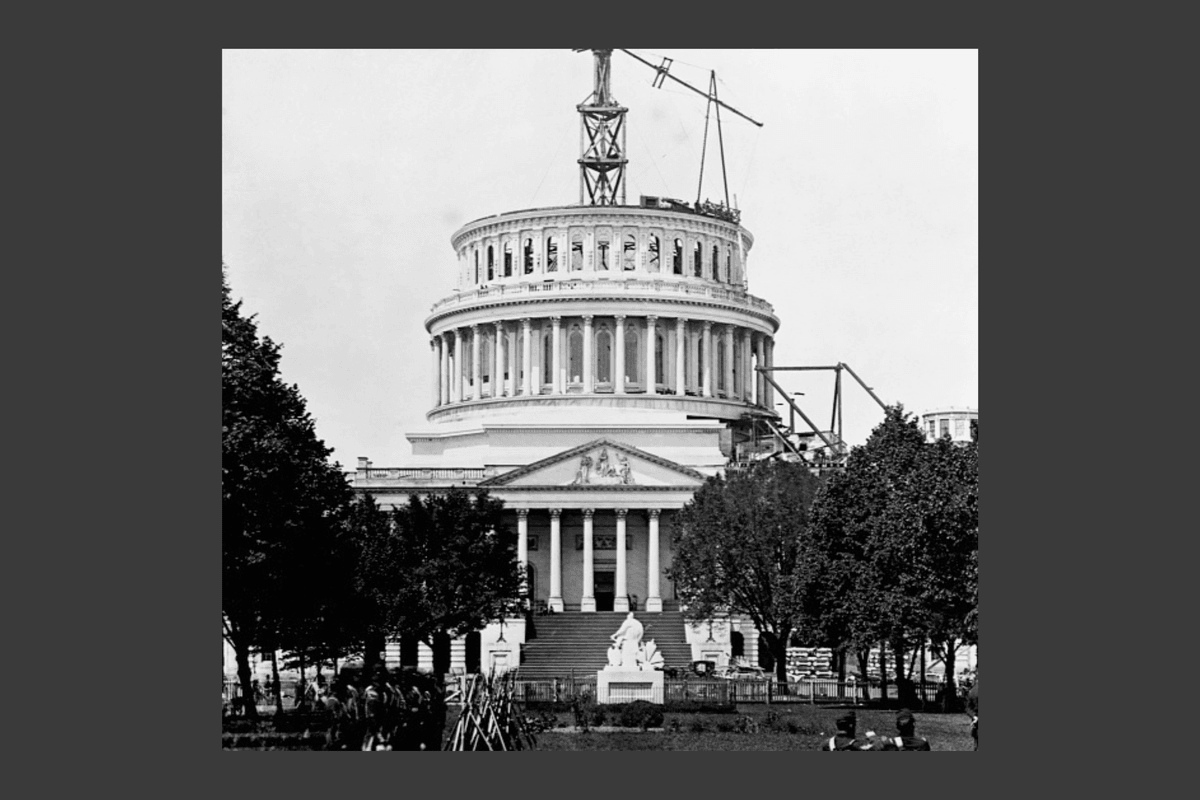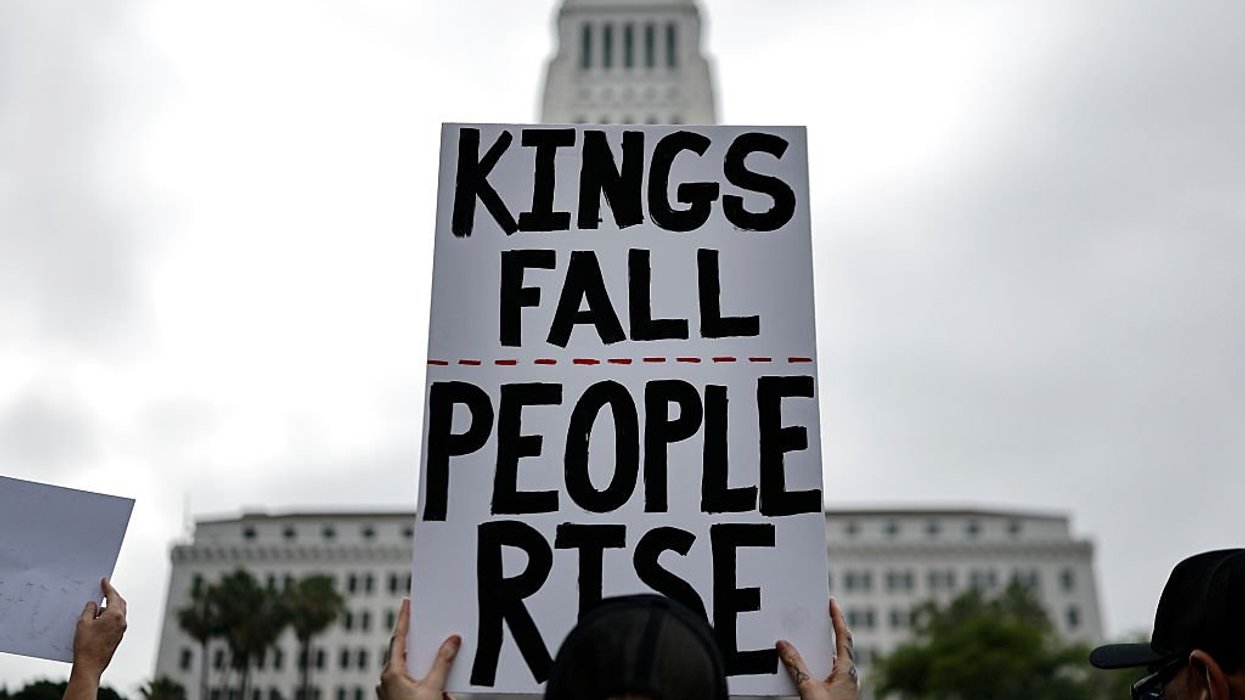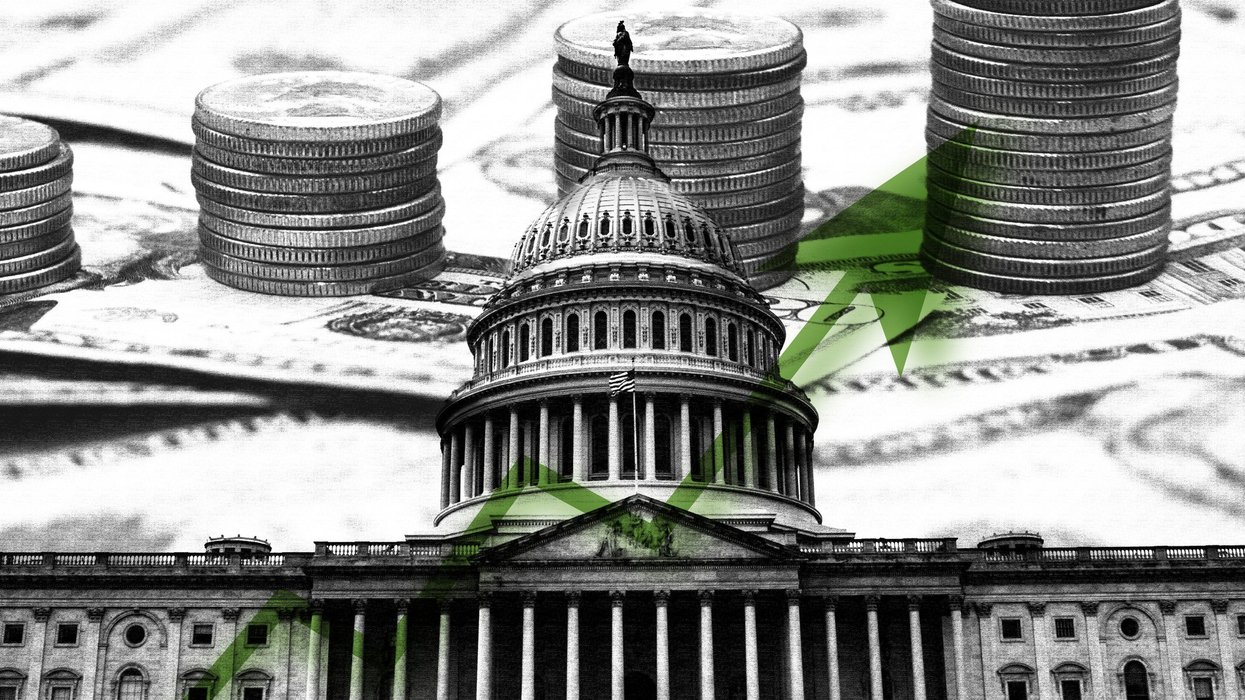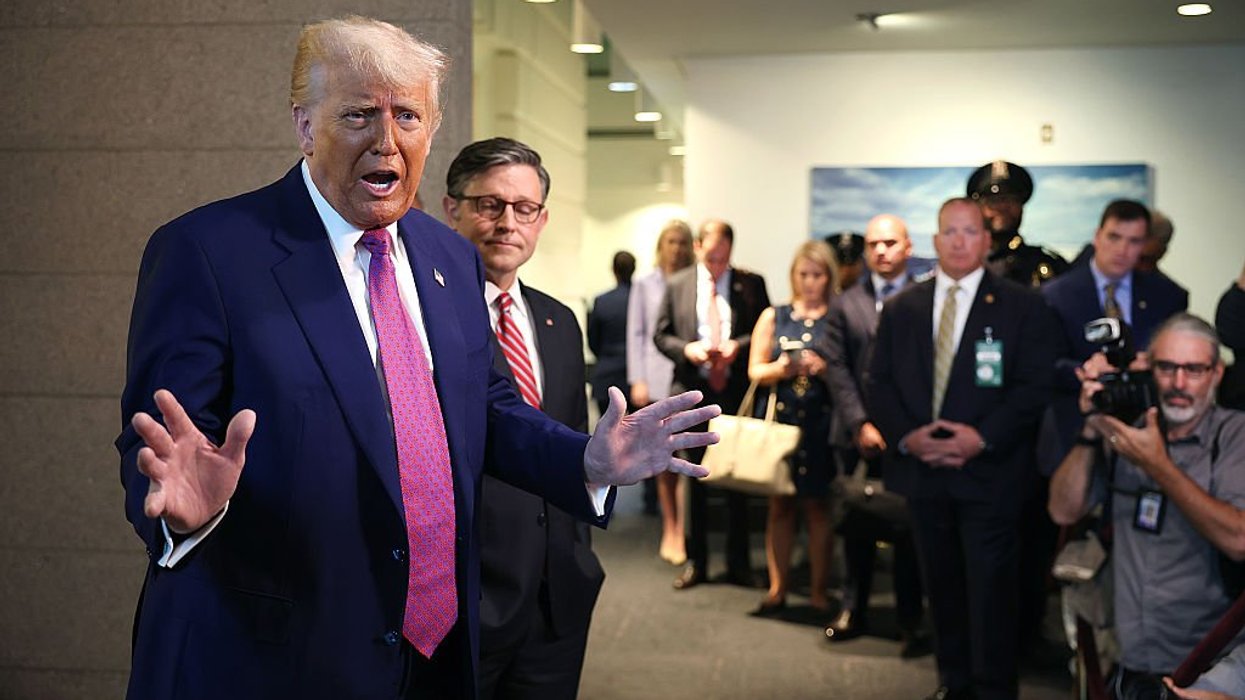Carmona is a fellow at the Brookings Institution. She is a public voices fellow on technology in the public interest with The OpEd Project.
Once again, the world of cryptocurrencies has been thrust into the spotlight after the recent dethroning of the crypto kings, Sam Bankman-Fried and Changpeng Zhao. As crypto industry actors aim to distance themselves from the failed crypto moguls (Bankman-Fried was found guilty of seven counts of fraud and conspiracy and Zhao pleaded guilty to money laundering violations), some claim their demise will enable the industry to “turn the page.”
To clear the path for crypto, many may pour money into efforts to convince legislators and the public that crypto isn't all that bad, and that America actually “needs” it. In fact, an industry-led grassroots campaign is already under way aiming to do just that, focused especially on saving American "crypto jobs" and "innovation." There are also crypto-focused super PACs emerging to support pro-crypto candidates in 2024 and show they "attract the jobs of the future."
Since memories tend to be short in the crypto world, it should be made clear: Crypto isn't essential to the American economy. Crypto might be great at grabbing headlines, but it hasn't created a ton of jobs or driven innovation. On the contrary, crypto companies, services and products seem to hurt consumers more than help them. Not to mention the proliferation of money laundering and fraud involved.
Though some industry actors claim that embracing crypto in America will create "4 million jobs over the next 7 years,"the numbers they assert seem highly unlikely. In my recent research at Brookings, we examined the number of job postings requiring crypto and blockchain skills, a measure of overall hiring and employment activity. We found that even at peak, which took place around March 2022, the number of crypto industry job postings was extremely small: less than 0.15 percent of all postings, with the level lingering at less than 0.08 percent by April 2023. The job postings were also not evenly distributed, concentrating in powerful, pre-existing tech hubs like New York and San Francisco – leaving most other places behind.
Another way to look at this data though, is that, according to our analysis, while the total number of job postings across all industries is around 4.7 million, the crypto industry had only about 5,000 monthly job postings nationally at the height of the crypto boom. This is about the size of job postings in religious organizations, book publishers, or waste treatment and disposal – not exactly industries known for rapid job growth. Now, compare those 5,000 crypto-related monthly job postings (at peak!) with large industries such as consulting services, which had 90,000 job postings a month during that same period. Computer systems design had 70,000 and software publishing had 10,000 job postings a month.
Not only does crypto not appear to be significantly creating jobs, it’s not driving innovation either. Much like the prices of cryptocurrencies themselves, entrepreneurial activity in the crypto ecosystem has been incredibly volatile. For example, startup growth and declines appear to mirror bitcoin and crypto values, such that when bitcoin prices have plummeted, so too have the number of crypto-related startups. At the same time, venture capital dollars, which play an important role in fueling innovation (for better or worse), are pouring out of the crypto industry and into new gold rushes, where more exciting entrepreneurial ventures and investments like artificial intelligence can be found.
Despite the fact that cryptocurrencies have been around for nearly 15 years, there are few current use cases besides speculation; for example, crypto does not boost financial inclusion, nor solve the needs of the unbanked or those seeking to build wealth, despite its proponents' claims. Comparatively, look at how much cell phones have evolved over the past 15 years and impacted our lives. The crypto industry will have a tougher time proving crypto is a revolutionary, innovative or new technology worth investing in as time goes on.
In fact, if crypto has achieved anything at scale, it’s been causing substantial – even spectacular – harms to consumers and communities. Rather than generate more jobs or stimulate innovation, the crypto hype cycle resulted in troubling pollution and energy costs for communities, failed business projects, and an outbreak of scams and hacks. Many individuals also faced significant losses, not just due to FTX’s implosion, but also to a crypto edifice replete with fraud. Is this really an industry America “needs?”
To be sure, proponents will say that by not supporting crypto, we are enabling American leadership in the global financial system to fall behind other countries. However, there are far better ways to demonstrate leadership in our financial system than propping up an industry that does little but harm consumers or bolster fraud and money laundering.
Rather than invest more time and resources in crypto, it would make more sense to focus our energies on technologies or industries with far more economic potential. America has legions of knowledge workers who could direct their talents to proven or vetted technologies – from biotech and artificial intelligence to quantum information science and advanced energy. We shouldn’t limit their talents to underperforming and inefficient technologies.
As the federal government’s crackdown on crypto continues to spotlight the industry's missteps, the public should ensure that policymakers concentrate on bolstering industries that are essential to our economy rather than draft policies based on dubious claims and pad an industry that has harmed so many consumers. Regardless of what crypto proponents say, America never needed crypto in the first place.
Famed investor and former Berkshire Hathaway Vice Chairman Charles Munger, who recently passed away, in a candid interview last year perhaps said it best in offering his opinion on crypto: “I don't welcome a currency that's so useful to kidnappers and extortionists and so forth, nor do I like just shuffling out of your extra billions of billions to somebody who just invented a new financial product out of thin air.”
And so, when all is said and done, the downfall of Bankman-Fried and Zhao might just be the reminder everyone needs: America is better off without cryptocurrency.
